|
Raise your hand if masturbation is an important part of your balanced breakfast. Now raise your hand if you would have looooooved someone to teach you that masturbation isn't something you have to feel ashamed of and is, in fact, totally fucken awesome. I dunno about you but I wish I could get back all those times I cried in the bathtub at my parents house after I got off staring at my Barbie's tits. Well, I have a friend who's a masturbation activist and her name is Shilo.In case you didn't get the memo, brilliant photographer (also, coincidentally, the brilliant maker of the surreal cupcakes at the launch event for Hot & Heavy: Fierce Fat Girls on Life, Love and Fashion at SF's Booksmith.. oh my gawd they were so gooood!), Shilo McCabe put together an incredible project to celebrate masturbation. It was called the "I masturbate..." project, which was launched through The Sex Positive Photo Project website in May of 2011. It was a celebration for National Masturbation Month which consisted of daily photos of people masturbating, accompanied with a statement from them beginning with the words "I masturbate...".
Words from Shilo (don't forget to click to see the images!): "Some of the important things this project taught me were: Masturbation is a safe place to let go of self criticism. Day 11: "The pleasure and love I am showing my body helps keep my negative internal voices from being so harshly critical of the days actions and decisions." It's powerful self care. Day 18: "Masturbation gives me some of my best orgasms. I love it for the orgasms alone, but I also do it to relieve pain, leg cramps, cranky moods, anxiety, and to help me get to sleep." Masturbation does not have to be a solo thing, it can foster a connection with partners. Day 12:"I love being able to show my partner how I love me and how they can love me too. I love the intimacy of sharing something that is usually done in secret. I love letting my partner see something that really no one else (until now) really sees." It's a powerful way to undo negative conditioning and give ourselves permission to be as much as we are. Day 13: I masturbate because I never have to worry about being too much for myself. I have a high libido and a lifetime of conditioning has made me self-conscious about being too intense, too hungry, too sexual, too wet, or too kinky for even my most enthusiastic and generous lovers. It encourages sexual self confidence. Day 25: Being aware of my carnal needs and then fulfilling them has been a blessing in helping me evolve into the independent and sexually self confident woman I am." -------------------------------------------- "I wonder if, culturally, we passed on the message that we can soothe, excite, comfort, love and laugh with ourselves better than anyone else can and that we should be our own first lovers how different would things be?" -------------------------------------------- Shilo was just invited to be part of National Masturbation Month (aka May 2013, my friends) at the The Center for Sex and Culture and exhibit the "I masturbate..." project. Shilo needs your masturbation-loving support! It is expensive to produce a show of this magnitude so she started an Indie Go-Go campaign to raise the needed funds. Equally as important as putting the work on the walls of the Center for Sex and Culture, will be getting the work into people's hands. This is why she's also producing a limited edition monograph of the entire project which is available as one of the campaign perks. What can you do to support "I Masturbate..."?
I remember hearing about Writers with Drinks when I was just a baby aspiring writer - before I even thought of myself as a writer or had the balls to call myself one - I had a dream that maybe someday I'd be asked to be part of this mythical grown-up writer thing. And it so happened! I will be reading from Hot & Heavy: Fierce Fat Girls on Life, Love and Fashion at the MakeOut Room in San Francisco tomorrow (February 16, 2013), and wearing an outfit that is sure to fill you with tingles. There will be a fantastic lineup of local writers there for your literary delight and pleasure. Doors at 6:30 (this is the time you want to get there if you want to sit in the very front and get the chance to possibly get some writer spit on your face). The show starts at 7:30 and goes until 9. I hope to see you there!
xo, Virgie This is the first of five "Books In Dialogue" posts. Each BiD post will be about a new book, and the ways I see the book dialoguing with themes in Hot & Heavy: Fierce Fat Girls on Life, Love and Fashion. This post is dedicated to Feministing's Samhita Mukhopadhyay's book, Outdated: Why Dating Is Ruining Your Love Life. I fell in love with the title immediately and as a fat woman of color who has been in the dating world for a little over a decade I was excited to see a fat-identified feminist of color's take on this very fraught issue. I wouldn't say I've read a lot of dating and relationships books, but it's always fun to stick my head into all that strangeness for a minute. Back when there were actual bookstores, you always knew you'd hit "Dating & Romance" in the self-help section because that whole area would be a blob of pink and red covers (a gendered nod to the fact that, of course, only women would have any interest in this kind of thing). There's always some scientist explaining sex-based neurological differences or some guru extrapolating on his beliefs that women and men are from different planets (or some ex-World of Warcraft NerdLord who wears goggles giving you advice on how to score some poontang). Samhita talks about these theories, but quickly points out their limitations: gender binaries, heteronormativity, exclusion of non-monogamous love/dating styles, racist notions of what romance looks like, and the perpetual misogynist explanations that somehow always find women to blame for failed relationships, sex emergencies and dating faux pas. The book points out that it isn't that your boo is from Mars or that feminism has ruined chivalry, it's that sexism sucks and feminism is the only chance we've got of pulling out of this dire situation. I have to admit when I saw the book I was kind of secretly hoping maybe she was going to give me a permission slip to opt out of the dating world altogether; maybe this book held a secret treasure map to an alternative universe called Ass-Grows-On-Trees-And-I-Never-Have-To-Make-Another-Romantic-Decision-Landia. I read the book as largely a work of theory that deconstructs the cultural flaws and short-comings of the environment in which most of us are carrying out our dating lives. The book's premise is a defense of feminism in the face of a renewed onslaught of cultural backlash that would have us believe that feminism is the culprit for failed love lives and marriages and the rise of a terrifying "raunch culture" in which young women give hummers in the backs of hummers and glue sequins to their coochies. The book spoke at length about how single women are portrayed as villains in our culture. Samhita writes that single women are constructed culturally as "living irresponsible and/or immoral lives," (p. 55-56) and are "perpetually a child" (p. 55). This analysis has incredible similarities to the way that fat people are thought of and discussed. In the way that Hot & Heavy critiques the dieting industry, Samhita points out the incentive of the "romantic industrial complex" is to feed a fantasy machine that pushes people to pursue fairy tale myths at the expense of their financial stability and emotional well-being. Sound familiar? Let me back up to the part where the author identifies herself in the book as a fat girl on page 74 (this was an exciting moment for me!) in the section entitled "Fat Girls Don't Get Dates;" she writes: "I'm a fat girl and I have worked to maintain the belief that I am beautiful despite what the culture tells me about my weight" (fuck yeah!). She continues: It is completely acceptable to say the most appalling things about the way people look when it comes to dating, and if someone is called out for it, their opinion becomes a matter of "preference." What gets ignored in calling this level of categorization "just preference" is a history and culture of mainstream advertising that impacts our psychology, causing us to actually want to respond to certain things over others... preference is not really a "preference"; it is more like a culturally sanctioned fetish... Attraction is not just about a feeling. It's a heavily mediated experience and part of an industry that pumps billions into creating images of what women should look like. It can be hard to decipher what you are attracted to versus what you have internalized as attractive. (p. 71) In Hot & Heavy numerous authors write about what it's like dating and having sex as a fat girl (including me, Tasha Fierce, Rachel Kacenjar, Golda Poretsky and Kitty Stryker). Navigating stigma and internalized messages about our desirability are things that make romance, sex and dating even more complicated (like picking cute panties or the perfect strap-on isn't hard enough!) and can lead to the sense that something is wrong with us - rather than the fucked-up culture that's proffering bullshit at an increasingly alarming rate. On the subject of fashion, Samhita says that our style can be a "form of resistance" (p. 75), an opportunity to play with gender, and "fight back against dominant ideas of what we should look like" (p. 75). Her words remind me of Kirsty Fife in her chapter in Hot & Heavy entitled "On Dressing Up: A Story of Fatshion Resistance." She wrote: "To you it might just be an outfit, but to me it's performance, care, support, resistance, survival, and it's fighting" (p. 194). Reading Outdated reminded me of a hard realization I had a few years ago: that the culture I was brought up in was not created to make me happy. The reality TV shows, and the diets, and the singing mermaids who would rather not be mermaids, and the Spanx (now available for men too), and the underwire, and the incredibly restrictive and racist notions of what it means to be a woman, and the weird vagina rituals, and the Jesus stuff - none of that shit was engineered to make me happy. In fact, it was like a recipe for how to have a totally fucked up, miserable - and yes, lonely - life. Harsh, I know. But once you realize our culture is basically your creepy abusive boyfriend (yeah, the goggle-wearing kind) it makes it easier to break-up with it. Samhita encourages us to push ourselves and the people in our lives to love in ways that feel authentic to us and requests that we be brave enough to stand up and talk back to a "romantic industrial complex" that is broken and dangerous. She points out that the current romance status quo churns out fairy tales that lead people to chase fantasies - a distorted idea of love - rather than love itself. She encourages us to remember that the world we inherited is not flawless and the way we love and date and have sex can be an extremely powerful mode of change-inspiring resistance. You can buy Outdated: Why Dating is Ruining Your Love Life and Hot & Heavy: Fierce Fat Girls on Life, Love and Fashion on Amazon. I actually googled the phrase "colonization cleanse" to see if anyone else had thought up this totally crude pun. I even looked up "colon(ization) clease." Yeah. No results I could find. I was literally shocked. It has come to my attention that I am bombarded by images and experiences that normalize and aggrandize a colonized existence. These things include (but are not limited to): the gender binary, institutionalized female/femme inferiority, the fetishization of white, thin, and able bodies, compulsory heterosexuality, and monogamy. These are things that my friends are not. These are things that I am not. And yet these are things that are so deeply embedded in our culture's fingerprint that they can be described as part of the air we breathe. And it's the nagging desire to hold onto or pursue privileges that prevent us from experiencing liberation, joy, connection and love. At a recent lecture I gave I talked about the dangers of not at least seeming like you're trying to gain or maintain privilege: you become a target because what hold can a culture have on someone who doesn't want to buy what it's selling? You become a renegade. As Judith Butler has pointed out, society is most vulnerable at its margins and those margins are heavily surveilled. I think many people I know - including myself - struggle with internalized colonialism: a deep sense that there is something wrong. Rather than locate that wrongness outside of ourselves, we believe it resides within us. In response to this feeling, which I carry inside me too, I've decided to commit to a 30-day colonization cleanse. The agreement I've made with myself goes like this: no fashion or celeb mags, limit films, books and articles that do not feature and center people of color, fat, queer, non-monogamous and other non-normative experiences, watch lots of people of color and fat people in porn, focus on my family, honor the relationships I'm in enough to really commit to them (even though it's scary). This is what my colonization cleanse looks like. If you can, I encourage you to try your own version and report back. My results are forthcoming.
My day started at 6am, an unusually early beginning for this Taurus. Did you know the sun hasn't risen by 6am in January? I decided I wanted to be methodical (read: anal retentive) about my day in Sonoma. I had gotten back from Portugal about a week earlier, and my cheeks were still wet from the tears I'd shed over having fallen in love with the place in a turn of events that can only be called "Teenage Virgie Redux" (I was literally bawling in my hotel bathtub the night before my departure.. with rose petals and chocolate. I even wrote some poetry. It was intense.). I was invited to speak at Sonoma State University by the incredible Dr. Lena McQuade, a women and gender studies professor I met at last year's National Women's Studies Association conference. The lecture was entitled, "There's Glitter in Fatlandia: Fat Activism as an Unapologetic (and Hella Sexy) Queer Politic." Yes, long title. But as always, girl has a lot to say. I spent the night before the big day planning out car pickup, breakfast spot, directions to the school (and even the exact building), what sorts of coiffing equipment I'd need, and outfit pre-gaming. I decided upon Tea Room Cafe in Petaluma, just a few minutes away from Rohnert Park where SSU is housed. Petaluma is associated in my mind with amazing fresh eggs, and I find on my drive north from San Francisco there are farms and animals all over the place. After my omelet I'm heading back to the car and what do I find? Alphabet Soup: a thrift store! It turned out that nearly all the clothing was $5 and they were offering an additional half off that. Oooh, sale! I found some vintage pieces - top, skirt, amazing purse with a clasp as well as a Versace inspired scarf and vintage mint blazer for $15 - and met a lovely woman named Babs who used to live in the Marina before she took to cashiering at this spot. The lecture hall was full, with over 100 students in attendance. The student paper was even there! My lecture was part of a queer studies lecture series. In preparing for the lecture I was trying to figure out what was really at the heart of fat activism to me and the way that I do fat activism. I felt that glitter was a perfect metaphor for all the things that make fat life and fat positivity so magical. I started the lecture with these thoughts: Today I’d like to talk about glitter. I talked about queer scholar Jose Esteban Munoz and his work, Cruising Utopia. Munoz talks about queer world-building and how when we dream and imagine and create queer cultural productions we subvert the "here and now" that houses racism, capitalism and heteronormativity. I think of glitter as my weapon of choice as a fat political brown girl.
After the lecture I had the chance to go out to lunch with some of the amazing students at SSU who are studying (or are curious about) women and gender studies. We talked about fat, race, class, dating, sex and desire. One of my favorite parts of the conversation was when we talked about how we deal with our desires for normative things that won't make us happy but that are culturally constructed as good and right, like dieting, heterosexuality and dating white cis men. These students are dealing with this stuff all the time, and they talked about what it's like being 18 or 19 or 20 on a campus that's fairly insulated. Lena lent me some new vocabulary around desire: that some of these desires lead to self-harm and that choosing not to act on those can be an act of self-love. I was SUPER sad to leave Sonoma State, but was very happy that I met some free-range chickens (and some wine.. don't pass up wine tasting when in wine country..) on my way home. |
Virgie Tovar
Virgie Tovar, MA is one of the nation's leading experts and lecturers on fat discrimination and body image. She is the founder of Babecamp (a 4 week online course focused on helping people break up with diet culture) and the editor of Hot & Heavy: Fierce Fat Girls on Life, Love and Fashion (Seal Press, 2012). She writes about the intersections of size, identity, sexuality and politics. See more updates on Facebook. Archives
April 2021
Categories
All
|
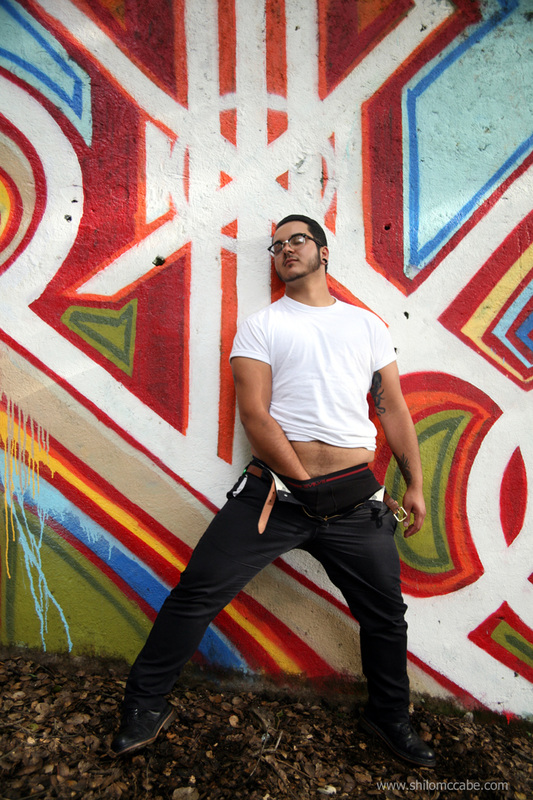
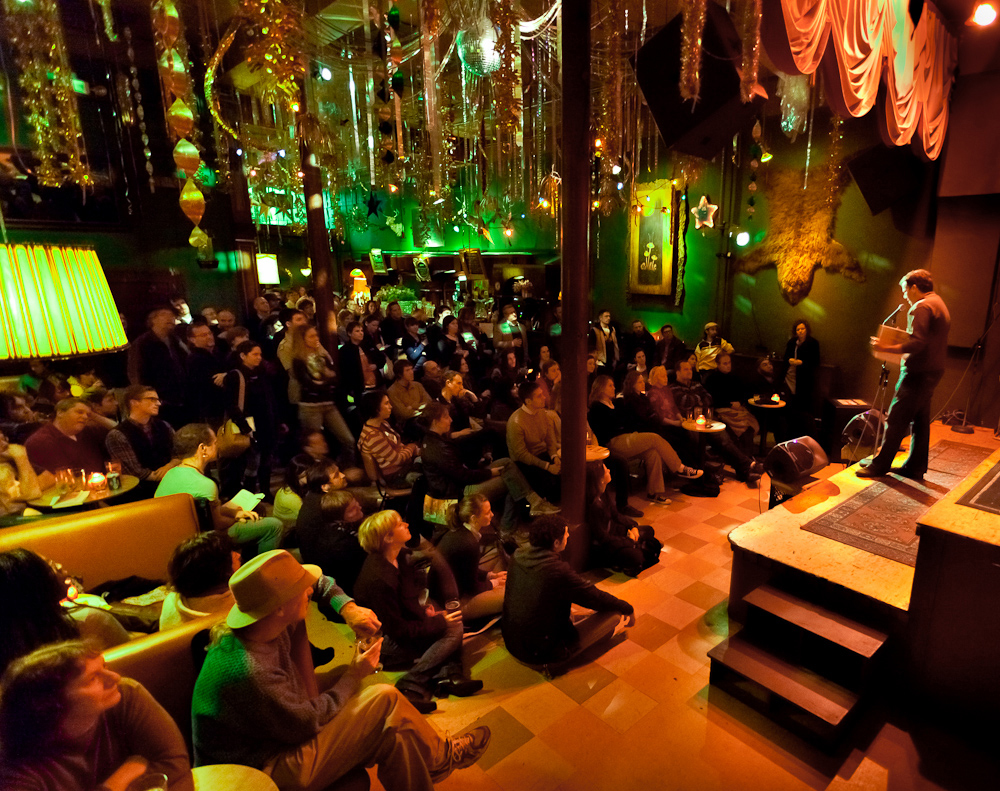
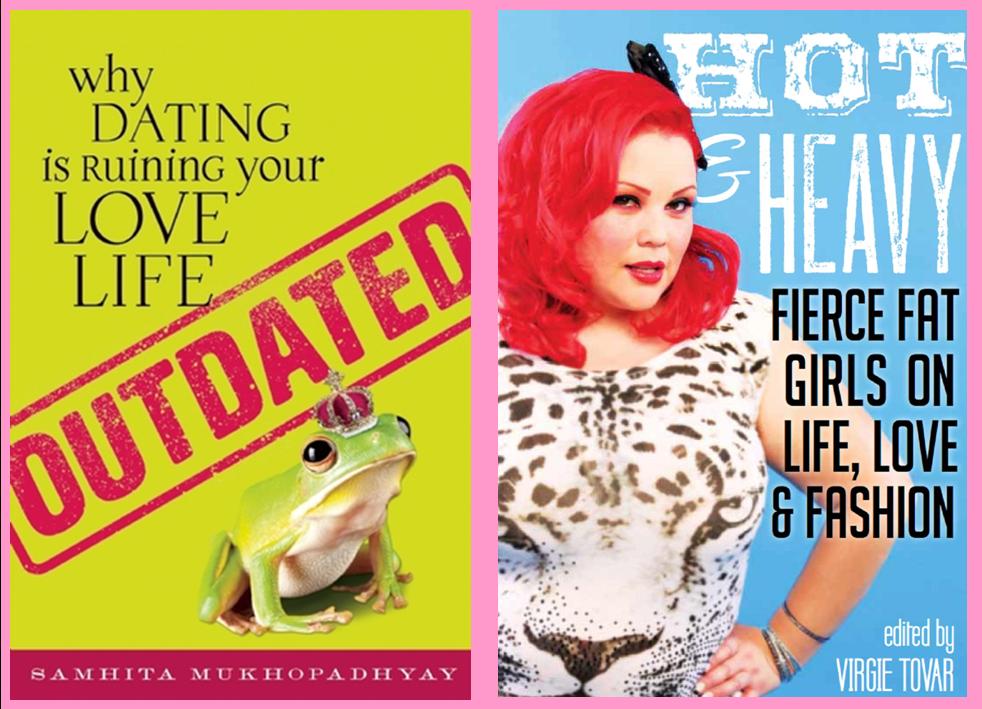
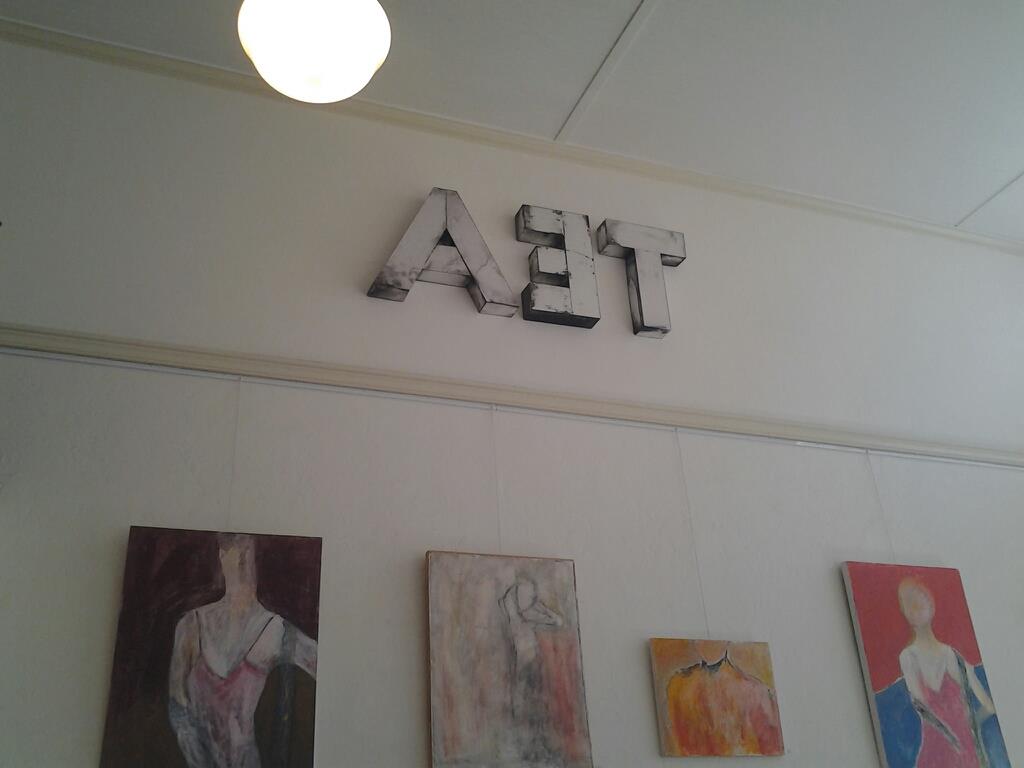
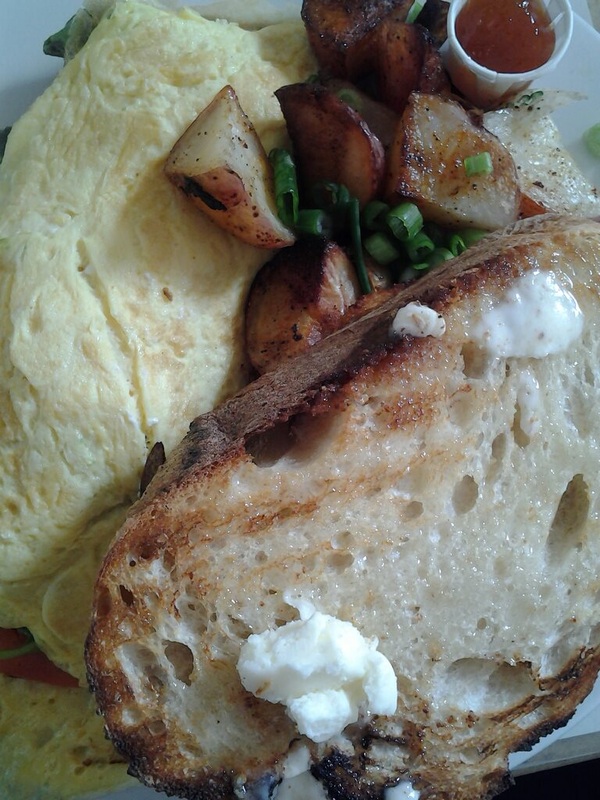
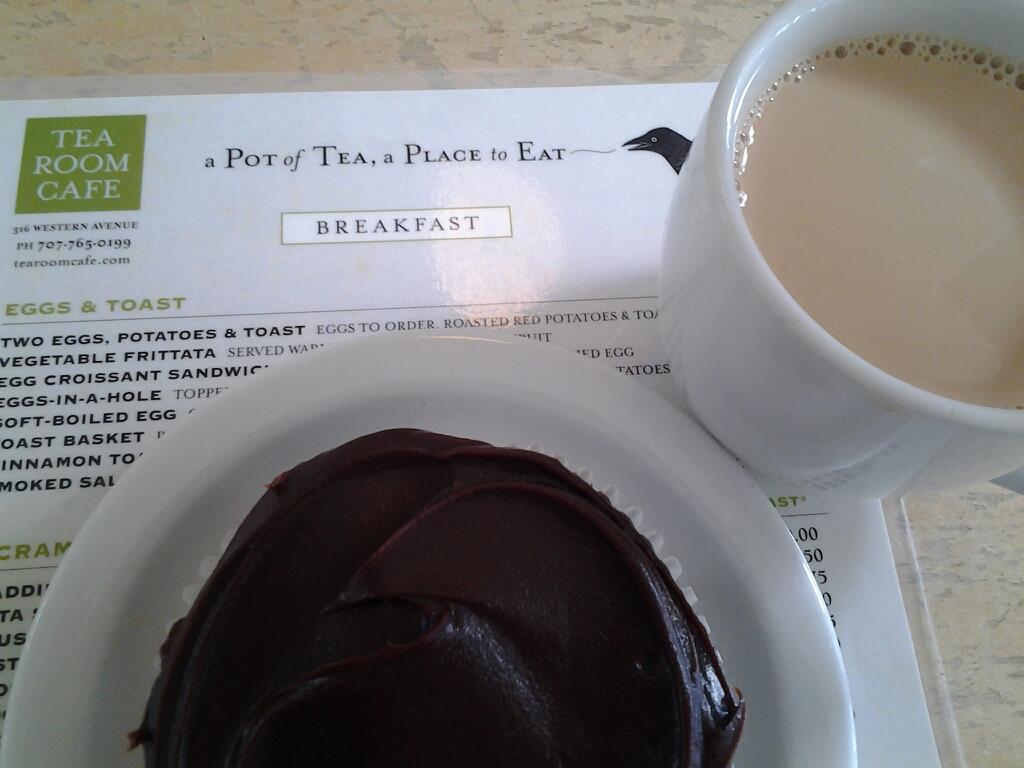
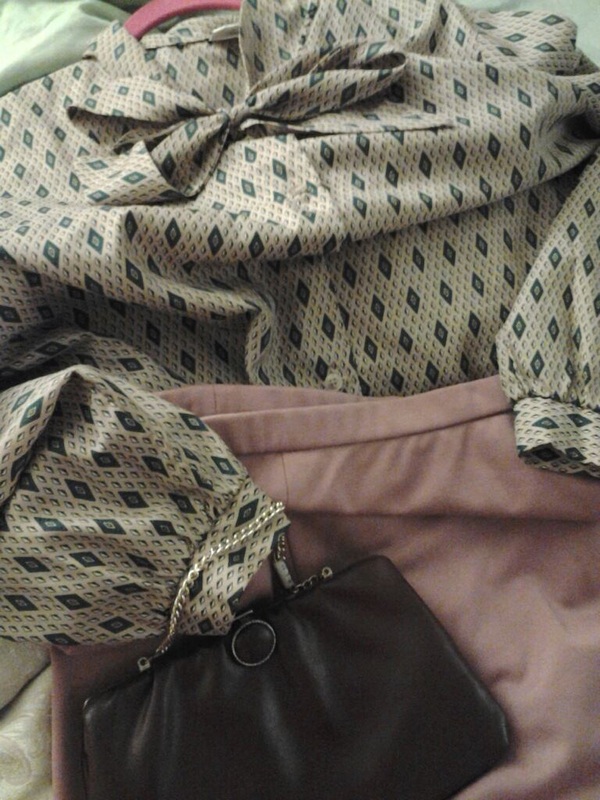





 RSS Feed
RSS Feed